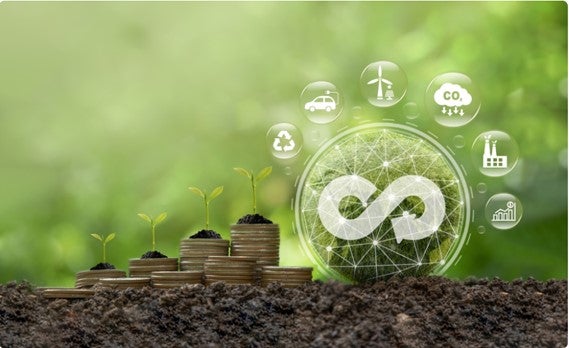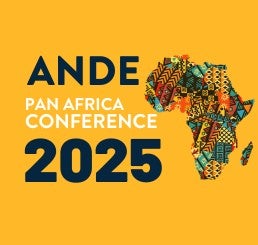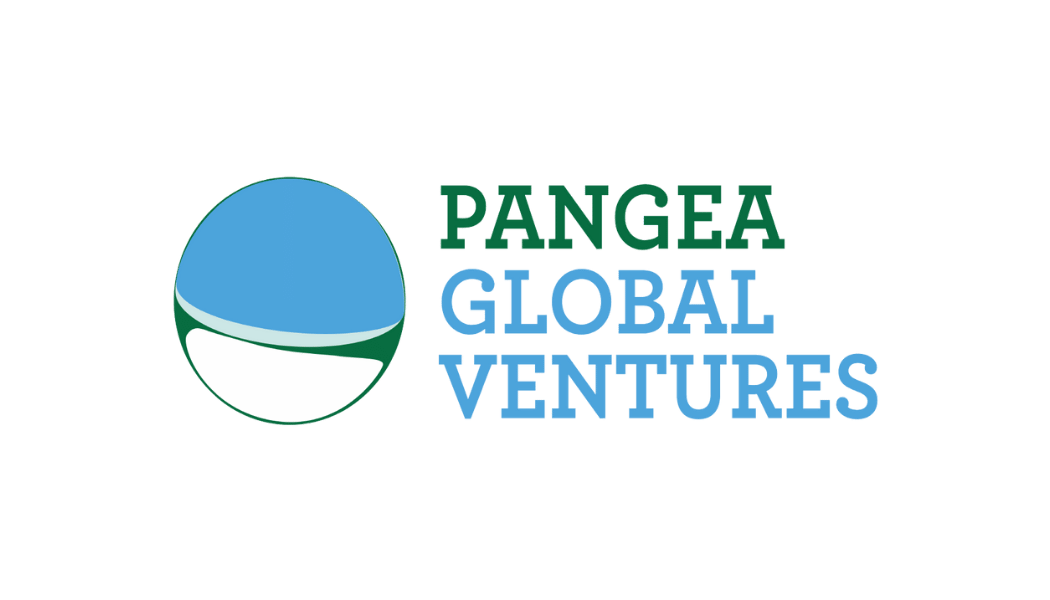
Explore Africa’s circular economy potential and the opportunities it offers small and growing businesses (SGBs) to innovate, add value, and tackle waste management. Learn how MEDA’s focus on sustainable entrepreneurship has enhanced local fish farming, with successful projects like the PALAWAMA initiative in Kenya.
The Potential of Circular Economy in Africa
Africa’s potential for a thriving circular economy is undeniable. Research indicates that a large portion of municipal solid waste in Africa is recyclable, yet only a small percentage is being processed. This gap presents a huge opportunity for Small and Growing Businesses (SGBs) to drive change, create value, and tap into the rapidly growing sustainable business sector. As Africa’s economies continue to expand, the demand for innovative, sustainable waste management solutions has never been greater.
The Aspen Network of Development Entrepreneurs (ANDE) acknowledges the importance of circular economies within its Climate Action agenda, supporting SGBs that transform waste into economic opportunities. Circular business models not only foster environmental sustainability but also create new income streams, boost climate resilience, and provide lasting economic benefits.
MEDA’s Commitment to Sustainable Entrepreneurship
MEDA (Mennonite Economic Development Associates) has long been a pioneer in fostering sustainable entrepreneurship in developing regions. With its mission to address poverty through business solutions, MEDA has been instrumental in empowering SGBs to embrace circular economy practices. Dr. Dorothy Nyambi, President and CEO of MEDA, stresses the importance of sustainability and the circular economy in MEDA’s global work, with the organization’s Rural Sustainability Initiative serving as a powerful example of its commitment to these values since 2022.
One exemplary success story comes from Kenya’s Kakuajuok village, where MEDA’s LEGEND project helped local fish farmers through the PALAWAMA initiative. This program provided crucial training in hatchery management, clean water maintenance, and waste reduction, resulting in increased production, income growth, and community benefits. For instance, 28-year-old fish farmer Pauline Atieno was able to expand her business, hire more staff, and contribute to the local economy. Similarly, the Voices of The Youth (VOTY) Group, a community collective, increased their fingerling production from 300,000 to 500,000 per month, creating additional job opportunities.
In FY2024, MEDA made significant strides in economic development and sustainability, achieving notable milestones:
- 34,033 Decent Work opportunities created or sustained
- 45% of these Decent Work opportunities were for women
- 61,273 Direct individual clients supported
- 7,494 Direct business clients engaged
MEDA’s session: From Waste to Wealth – Circular Economy in Focus
MEDA’s commitment to climate action is evident in its sponsorship of the upcoming ANDE Pan-African Conference, where it will co-lead a session titled “The Circular Advantage: Scaling Business Opportunities and Climate Solutions.” This session will delve into the circular economy ecosystem, examining both the challenges and opportunities for SGBs. Insights from a report by TechnoServe, IKEA Social Entrepreneurship, and the World Economic Forum’s Global Alliance for Social Entrepreneurship will highlight the growing role of social enterprises in driving circularity.
The session will also showcase inspiring real-world examples from SGBs in Tanzania, Ghana, and Senegal, demonstrating how they have successfully integrated circular business models to promote growth, job creation, and climate resilience. To close the session, a roundtable discussion will offer actionable strategies to help entrepreneurs adopt circular practices. Additionally, agribusinesses implementing circular models will have the opportunity to showcase their products, underscoring the environmental and economic benefits of sustainable business practices.

The ANDE Pan-African Conference is a must-attend event for anyone interested in the future of Africa’s circular economy. By participating, you’ll engage in meaningful discussions, share valuable insights, and collaborate on strategies that can help accelerate the adoption of circular practices across Africa’s entrepreneurial ecosystem. Don’t miss the chance to contribute to this transformative conversation.








